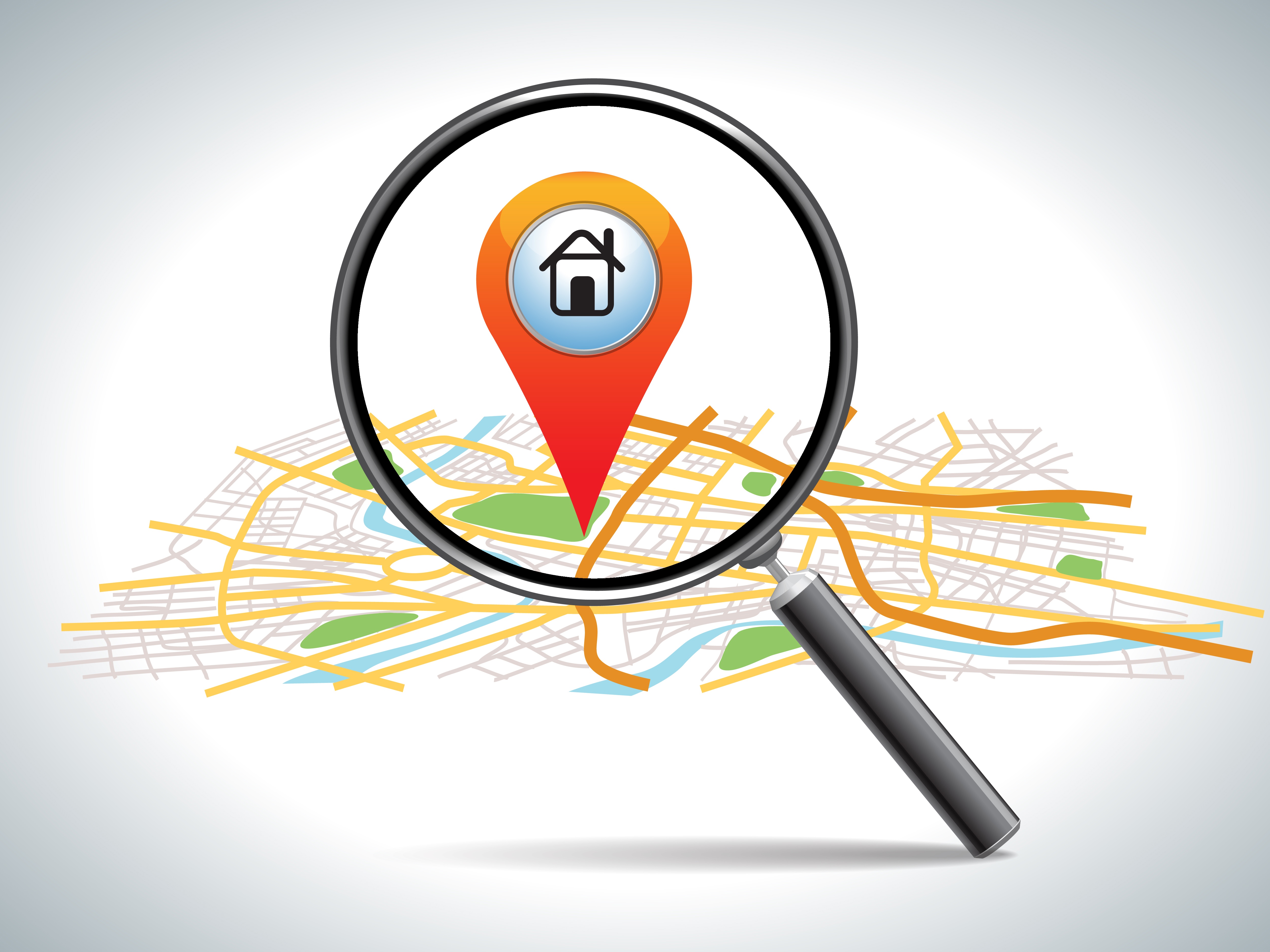 First of all, what, exactly, is real property?
First of all, what, exactly, is real property?
According to Investopedia:
“Real Property is any property that is attached directly to land, as well as the land itself. Real Property not only includes buildings and other structures, but also rights and interests. Real property can be either rental or residential.”
Investopedia adds:
“Any structure or improvements that are attached to the land must not be movable in order to be considered real property. Natural resources such as oil, gas, and timber also qualify because they are considered to be part of the land.”
In other words, real property is what most people think of as real estate. To invest, research is definitely a large part of the work. In the past it took a lot of legwork to find all the necessary documents for a particular parcel of land. Most were only available at a country clerk’s office in hardcopy, sometimes even handwritten.
The search for real property documents has been eased lately with more information to be found on the internet but it seems like you still need to spend a lot of time at the Country Clerk’s office looking through papers or trying to use the county online database which may not be very user-friendly.
There is a way to streamline your search, however, by using resources created by third parties that are easier to use and offer downloadable copies or images of the very documents you need. Such services aggregate and organize links to courthouse records, grantor-grantee indexes, as well as images of real property records from across the U.S.
These document images are stored as .tiff files, which are very large storage files but have the advantage of providing high-quality images, essential when working with images of written documents. Available documents range from Deeds of Trust and Abstracts of Judgment to easements and mineral leases. Liens of various types are also available.
To find these you need to know the document ID number, the Clerk’s file number, or volume and page number. Just plug on of these in to retrieve the desired document. No need to hop in the car and spend valuable time and fuel getting to multiple county offices.
Keep in mind that these services will charge either per document fees or a subscription but the cost will be negligible when compared to how much you save when you find public documents online -- especially now when gas prices seem to rise exponentially overnight.
*Image courtesy of FreeDigitalPhotos.net




















